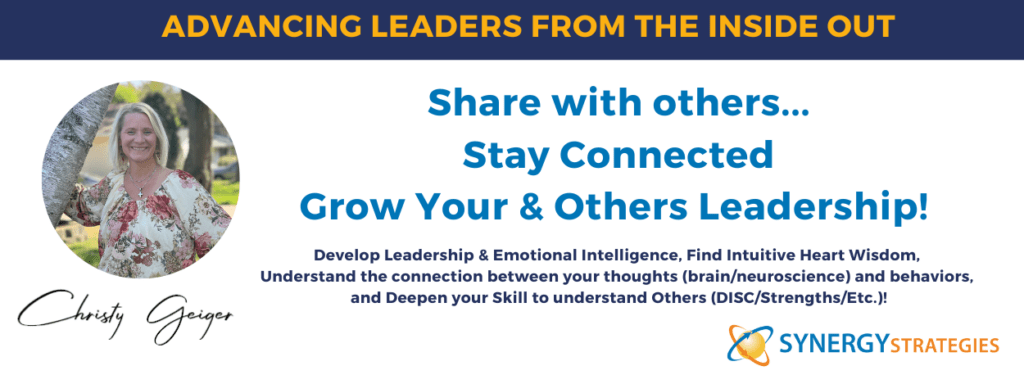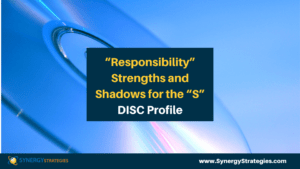Some people are amazing at celebrating their wins, successes, and milestones. I admire their ability to find creative and fun ways to stop and recognize progress, the work, and the achievement, especially since I grew up in a family that culturally finished one task and instantly shifted to the next. My role models showed me what hard work looked like and it included being productive sun-up to sun-down. I believe the American culture of drive and achievement often causes many of us to skip the or even forget the celebration. Our minds are wired to move to the “next” when something is done.
Sometimes celebrating can feel like if we stop, we won’t have energy to start again. Other times we feel like it isn’t complete enough to celebrate. Additionally, some personalities are more introverted or private and celebrating feels embarrassing, awkward, and uncomfortable. This is not about HOW you celebrate, rather that milestones are significant and worthy of celebration. Many people in the moment are humble and don’t want to draw attention to themselves and celebration feels like work, so they move on without the pausing for this stage. Subconsciously, at a later time we might feel a little lack luster or demotivated in “hard work” if we always move to the next because we have taken away the natural joy and reward of the focus-effort-advancement cycle.
Throughout my years in coaching, I have learned that it is not only important, but necessary to celebrate wins. There are many ways to celebrate, the key is that you stop, reflect, and find a way that fits you. While it can take a little thought to figure out HOW to celebrate, it is an important part of the process.
First, what to celebrate?
You should celebrate anything that feels like you have moved to a new level. Whether it is a big or small step, if it is something you had to be deliberate, intentional, committed and focused on to achieve, it is worth celebrating. Ideas might include:
- Finishing a project, taxes, remodel, event, etc.
- A good grade on something you had to work hard on
- Completion of a season (sports, music, play, performance, etc.) or semester / class
- Public acknowledgement of skill, contribution, etc. (i.e., publication, article, feature story, etc.)
- Major Achievements like: graduation, faith events, promotion, new job, certification, new credential, etc.
- Reoccurring, but significant: birthdays, anniversaries, etc.
- More minor, but worthy of celebrating are harder tasks that you really had to push through for instance: a tough conversation, an unfamiliar task, something we have been delaying or procrastinating on, finishing a tough assignment, finishing a challenging daily to-do list, finishing a rigorous Saturday project, a milestone number of miles or lbs. of a training program, etc. While these may seem less important, these are where I think we need to be celebrating more. When we commit to challenging tasks, and then make them happen, it is good to celebrate.
Second, why celebrating?
What does that do for you?
- Celebration can simply be acknowledging a level or milestone that has been met. A box has been checked. There was success.
- It appreciates other people. Often achievements involve others and celebrating with people acknowledges the importance and the role they had in the success of the item. It is the practice of seeing others, being thankful, and enjoying the win together. It is an opportunity to stop and reflect on who was part of this achievement and include them in the win, because often there are many things we do thanks to the support of our tribe, raving fans, and faithful friends and advocates. This builds, deepens, and shows value for those relationships.
- It helps others to feel appreciated and therefore more likely to help in the future.
- It is the art of balance. Spending time celebrating offsets some of the time we were in the grind, work, and press. Our brains, bodies and hearts need to feel the win, so WE are willing to take on another challenge.
- Celebrations can build endurance, confidence, and belief in yourself, thereby strengthening you for the next goal or challenge. (mindset)
- It provides fuel, dopamine kick and “positive” energy to take on the next challenge. (physical)
- It supports the internal self-talk that preserves healthy EI (emotional intelligence), “You did that well. You were right! You worked hard and that was important.” Often, we want to minimize and joke about affirmations and Steward Smally’s “I’m good enough, smart enough and dog-gone-it, people like me,” but the truth is humans have a far greater number of negative thoughts about themselves than positive. Being intentional about these positive thoughts is a muscle to build.
- It tells your saboteur mind that has been telling you, “It is hard. You can’t do it. You shouldn’t do it” that it was wrong. This isn’t about a battle with your ego, but the saboteur that wants to convince you it has the universal truth and when you overcome your fears, negative self-talk, apprehensions, it is something to celebrate.
- It is an important role model for those you lead as well. Not only would they appreciate it, but you are encouraging them to celebrate their wins.
- The more we do it for ourselves and others the easier it gets.
- It is just FUN.
Third, how to celebrate.
Willing to give it a try? Consider the love languages to help brainstorm ideas or ways to celebrate. Here are a few ideas to start brainstorming on how to celebrate:
- Words of affirmation: card, poster, social media post acknowledgement, video, scrapbook, etc.
- Acts of service: decorate their car, office, room
- Quality time: make a special meal, go out for dinner, have drinks together, bring in treats to meeting
- Gifts: gift card, frame or plaque, book, item to commemorate
- Touch: high five, bear hug, pat on the back, etc.
- Other: journal about the process and what you learned, frame your certificate and hang it, take a picture, reflect on what has gotten you here, etc.
How do you like celebrating?
What is something small you have celebrated and what about that was meaningful?
What is something big you have celebrated and why was that significant?
It can even be the simple question each day or week, “What was your win today?” Just acknowledging it, is a form of celebration.
It can be challenging to put the time, thought and energy into celebrating. However, it is important to celebrate the wins, big or small.






